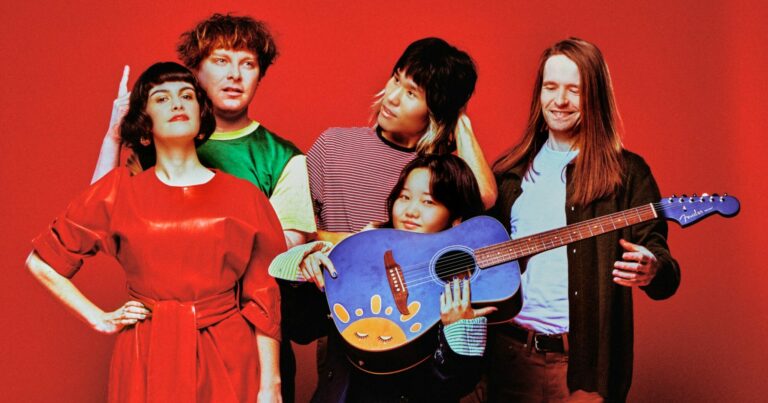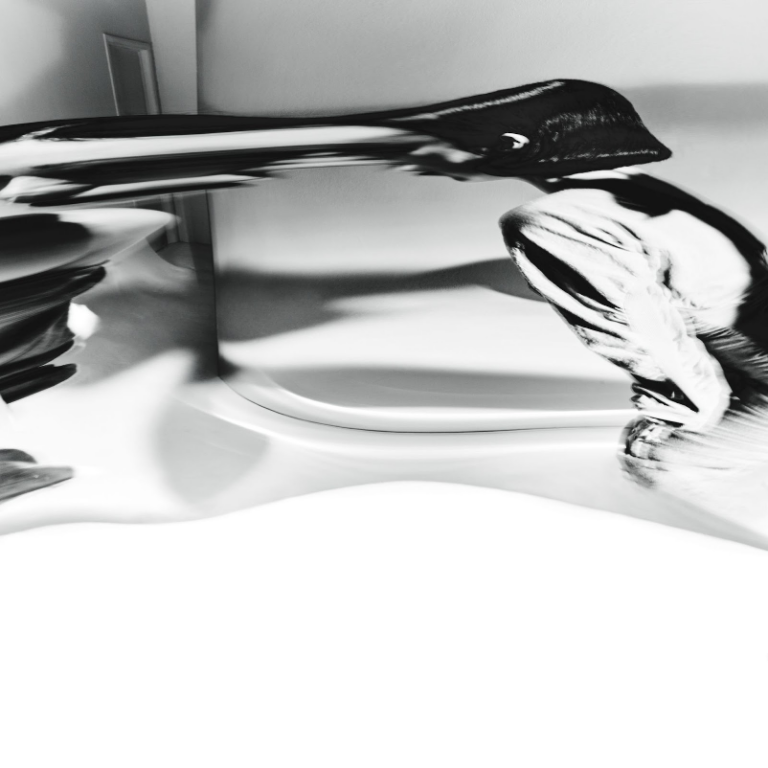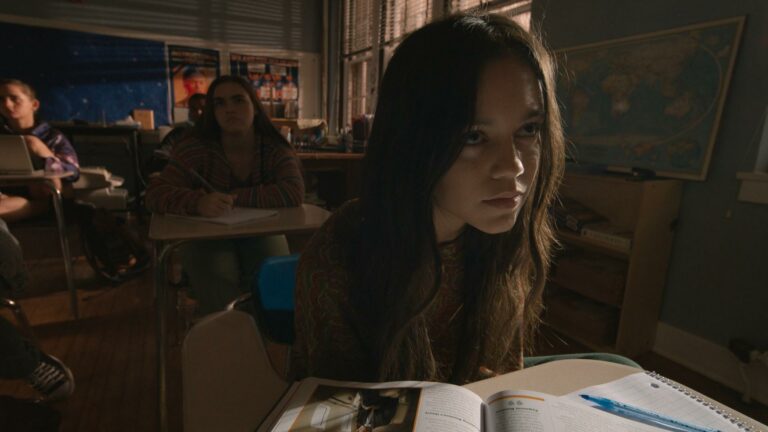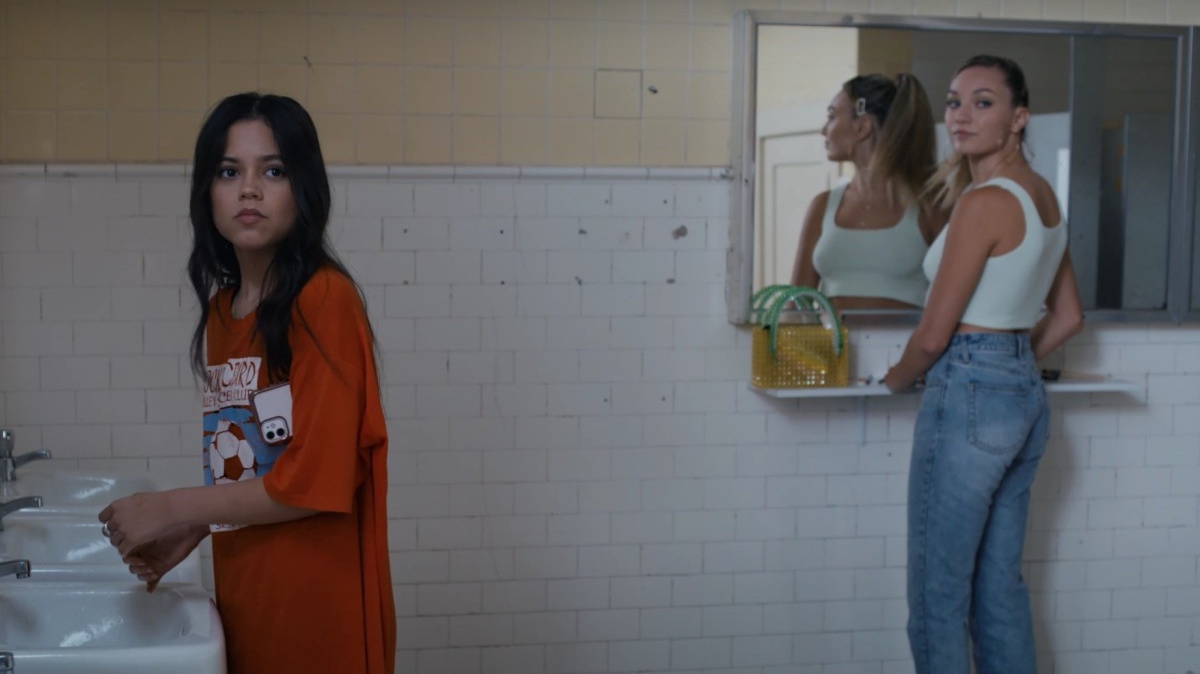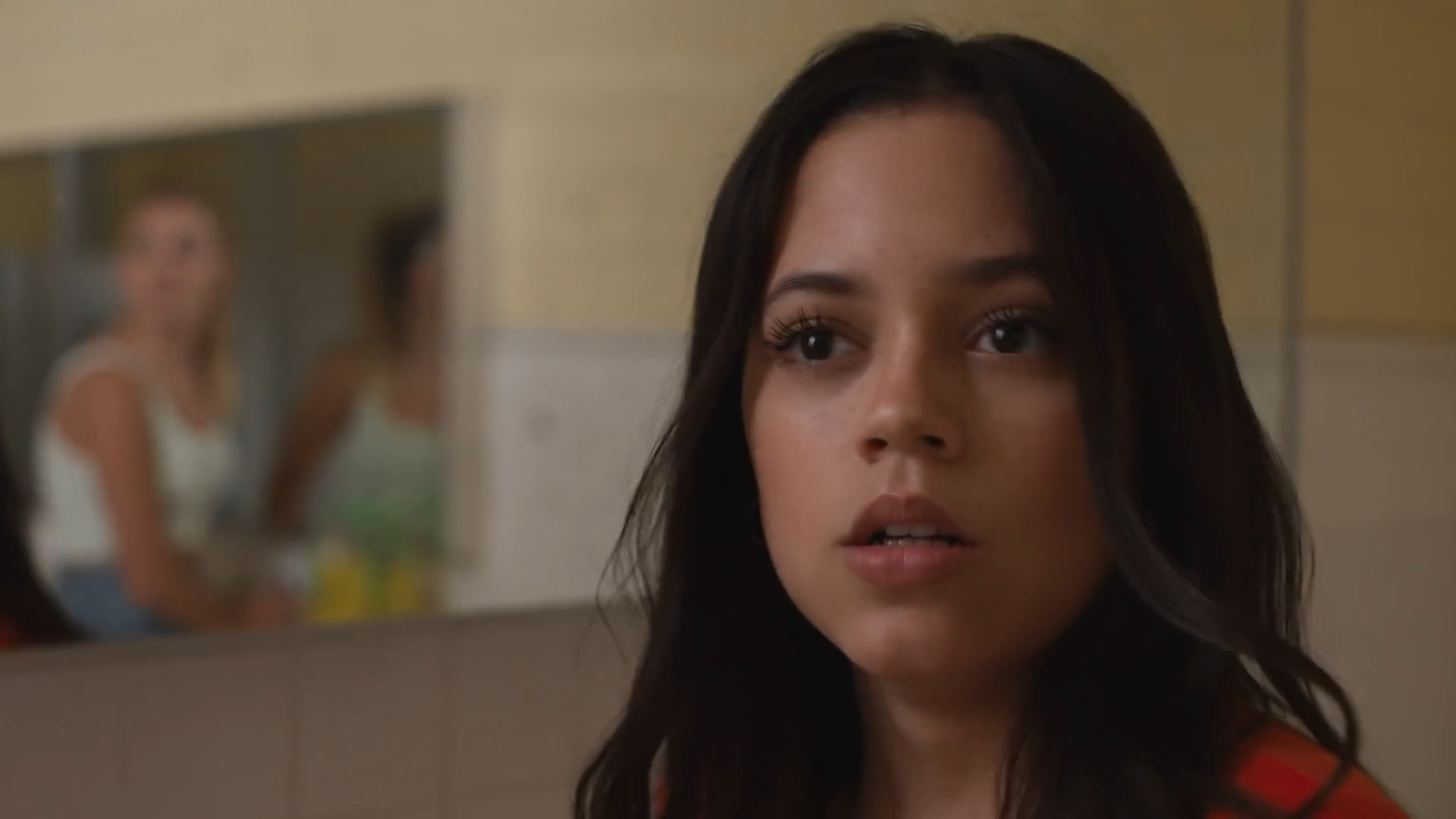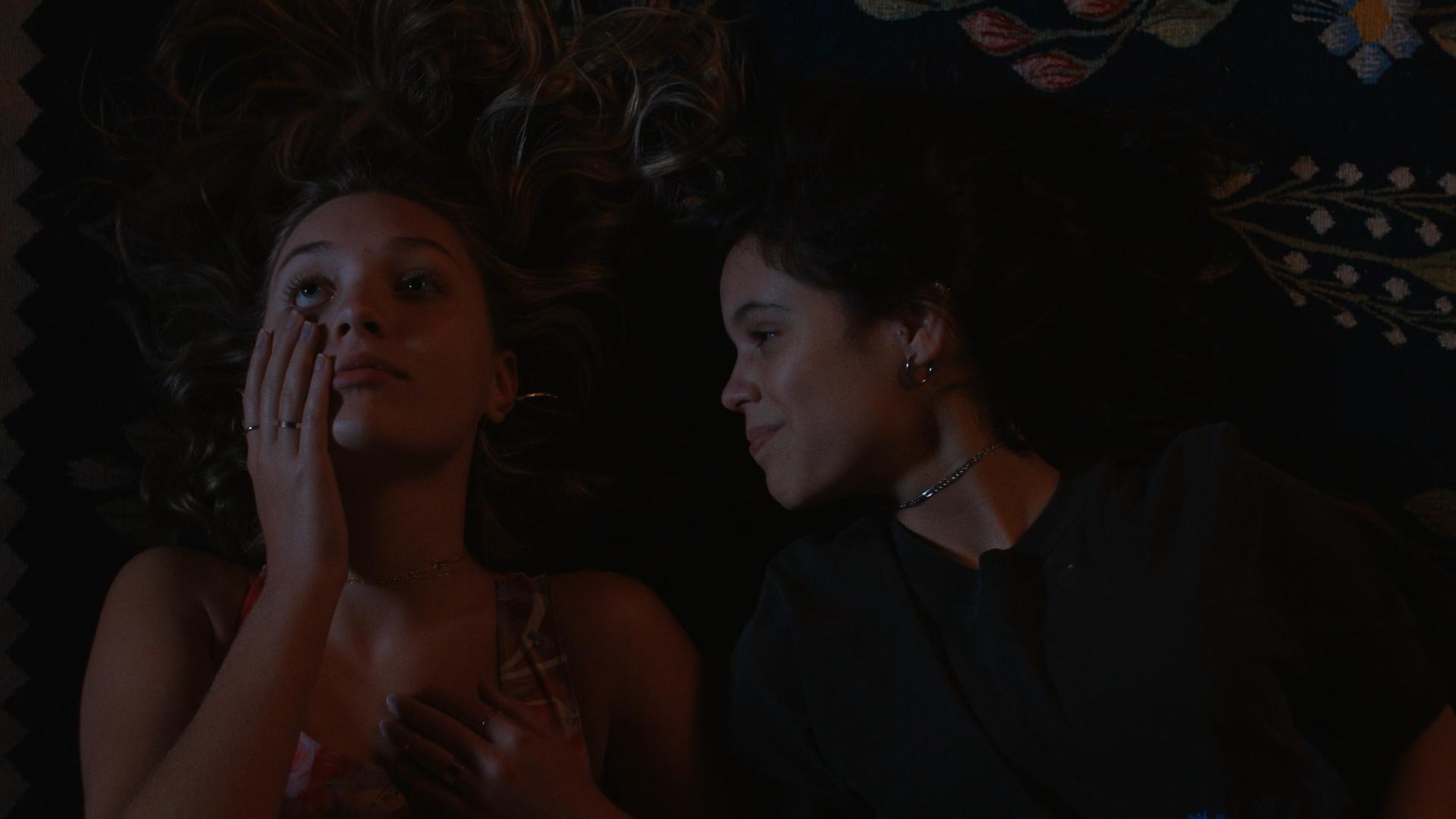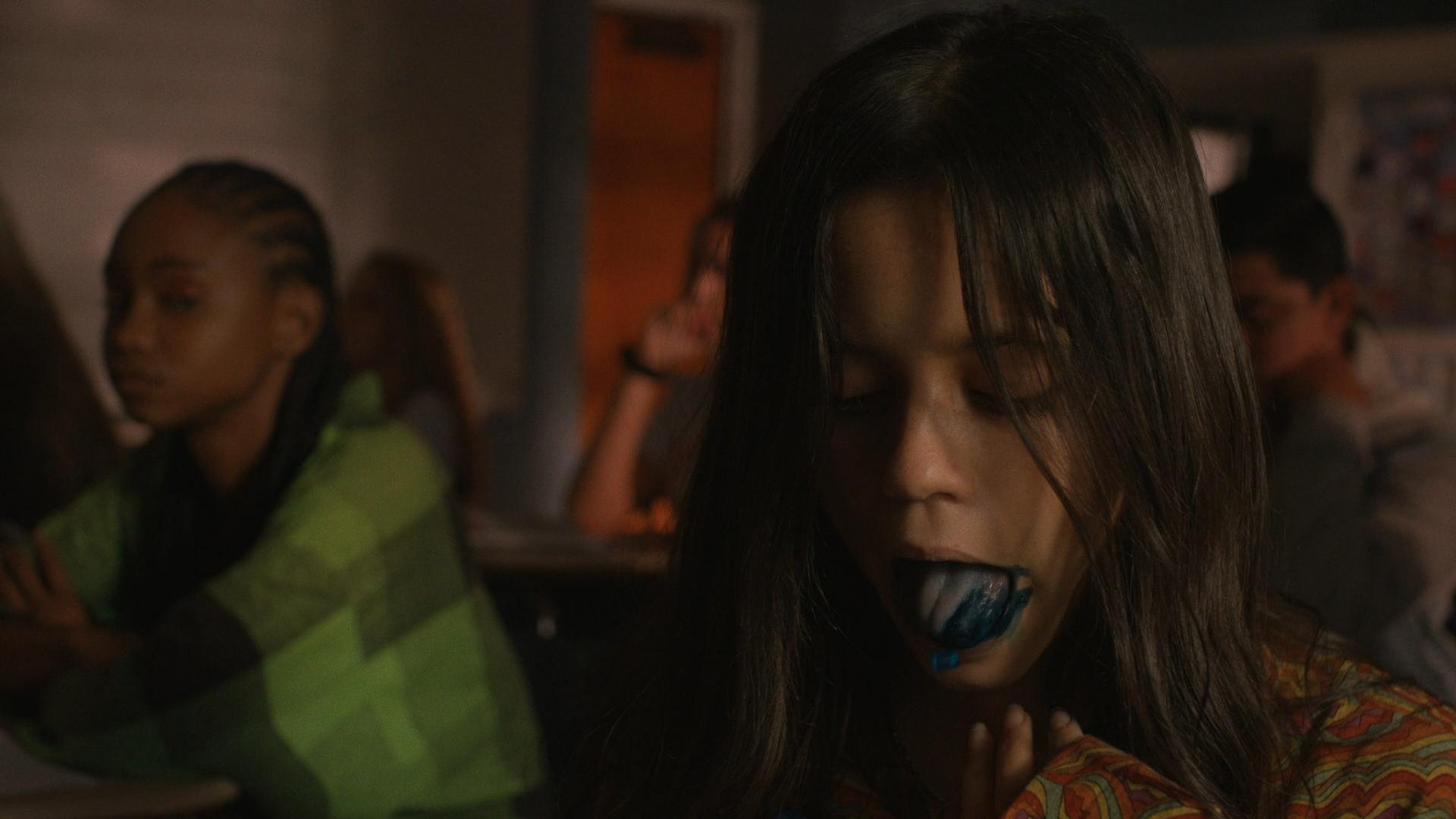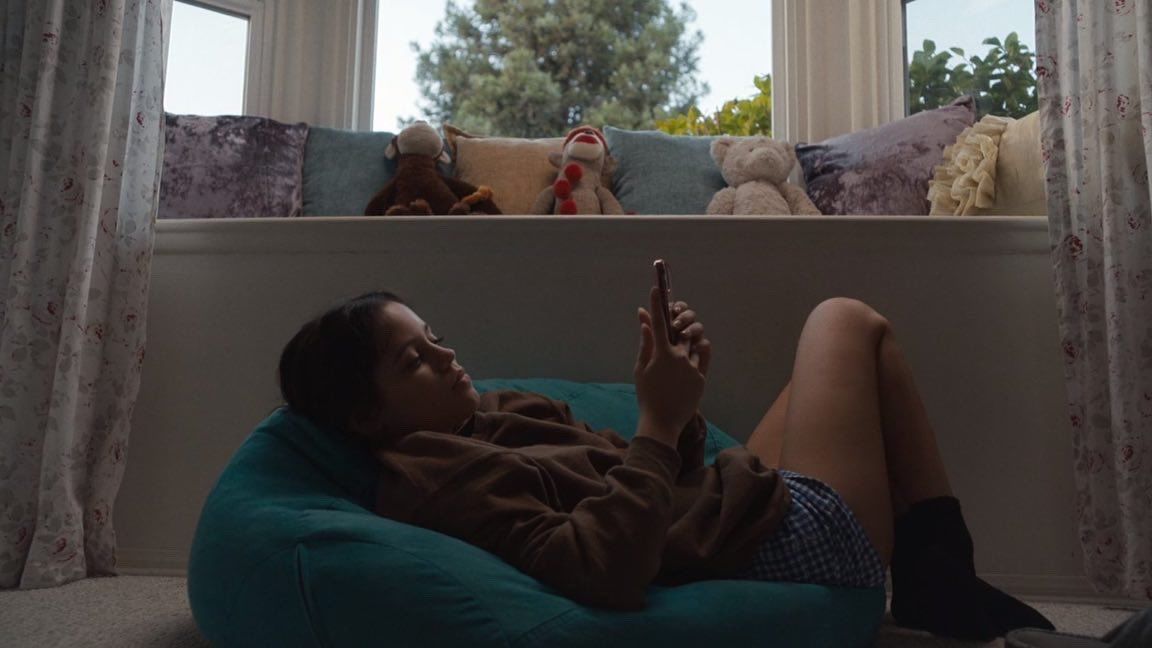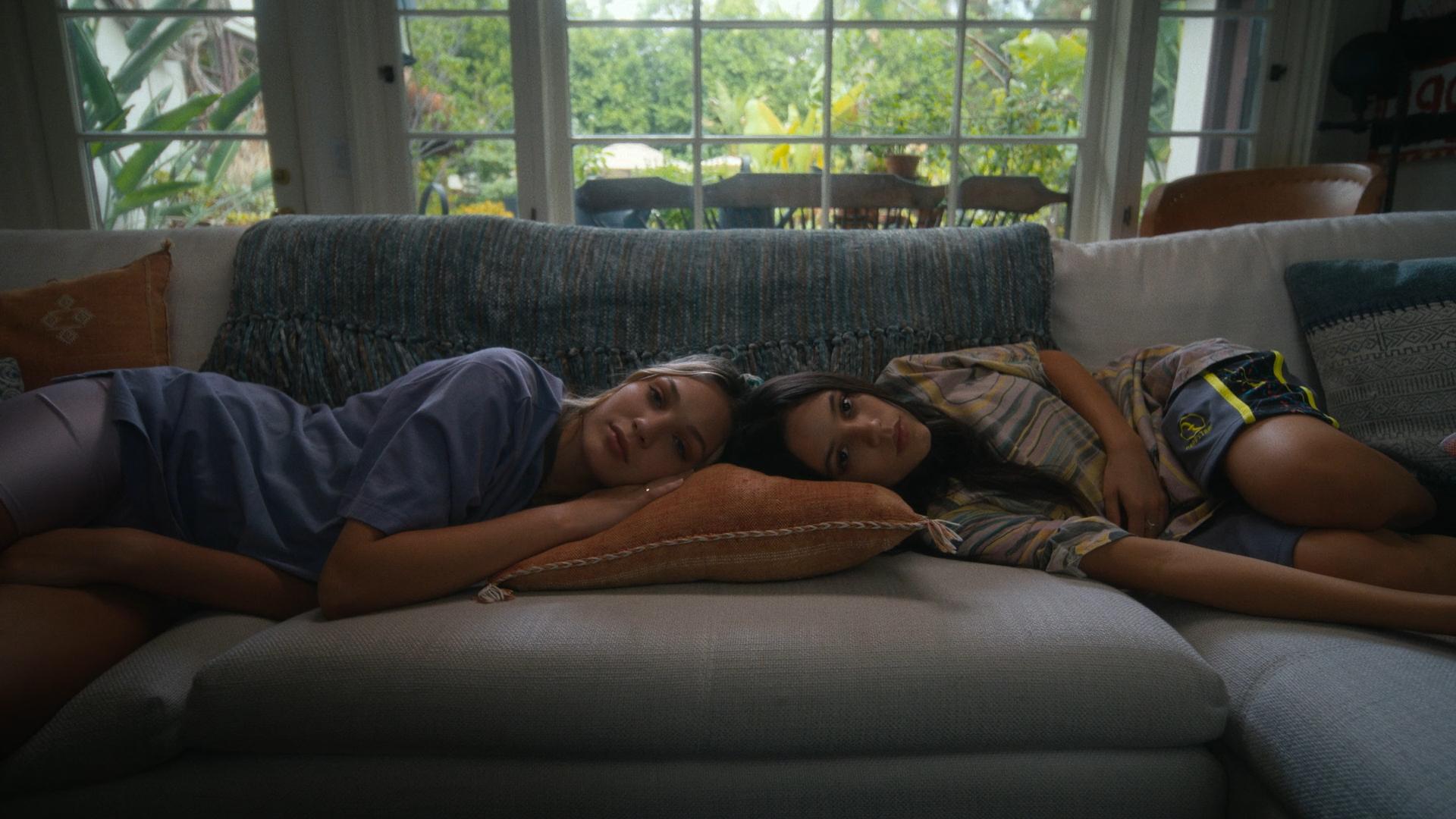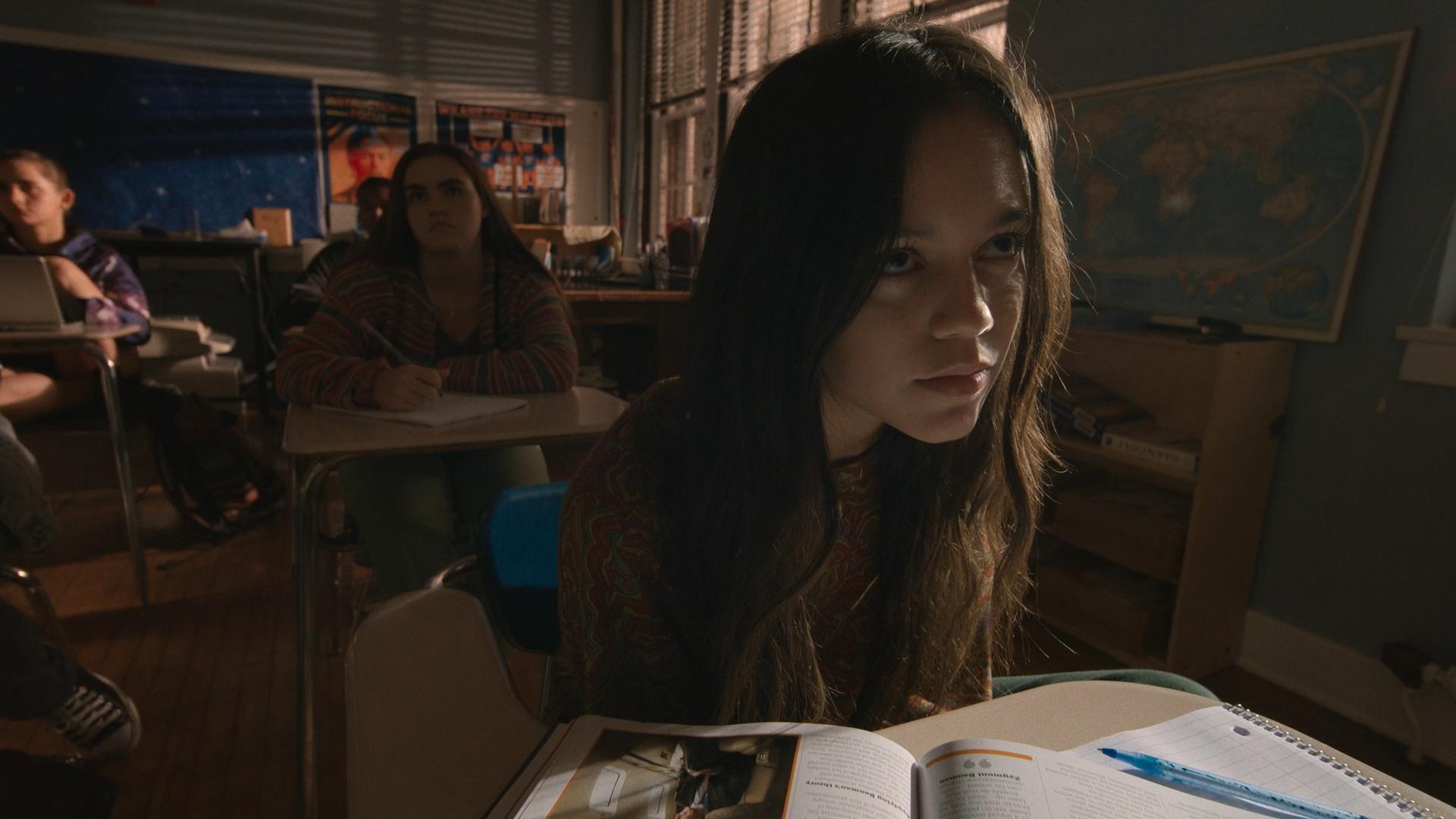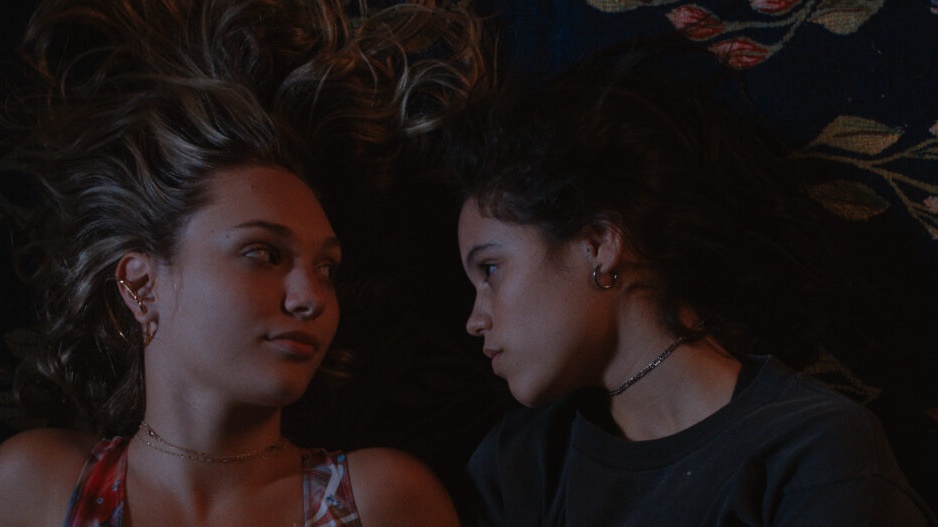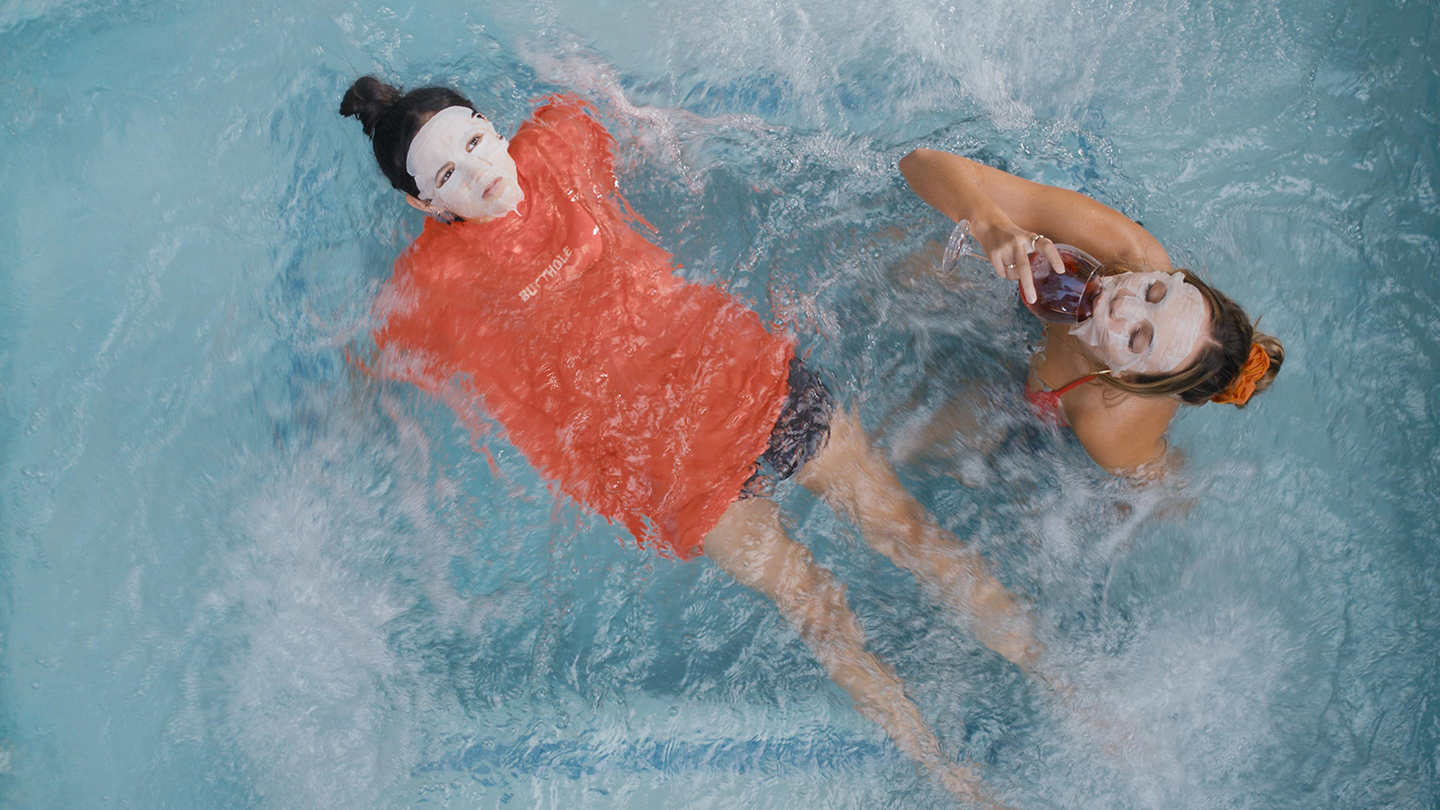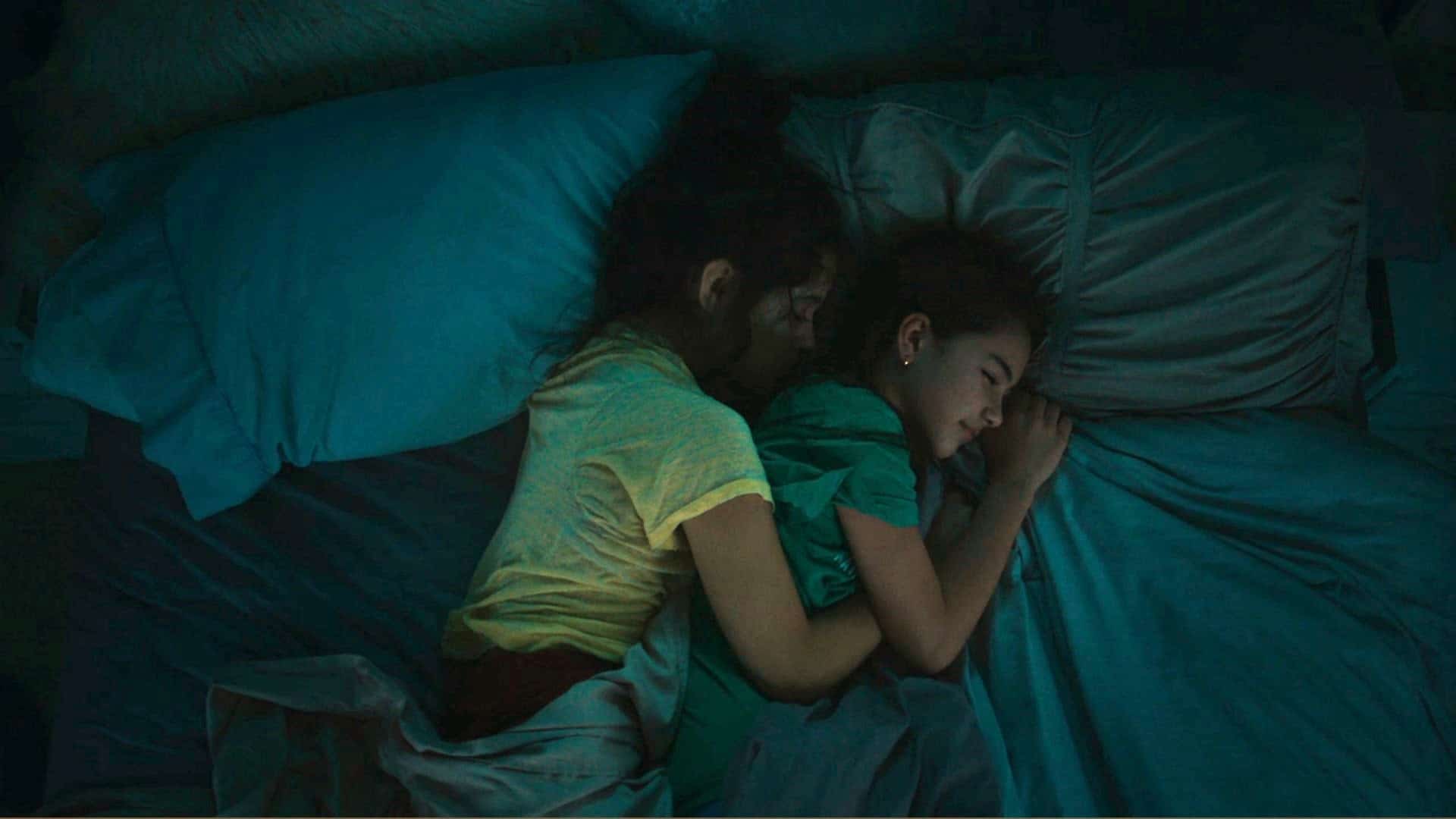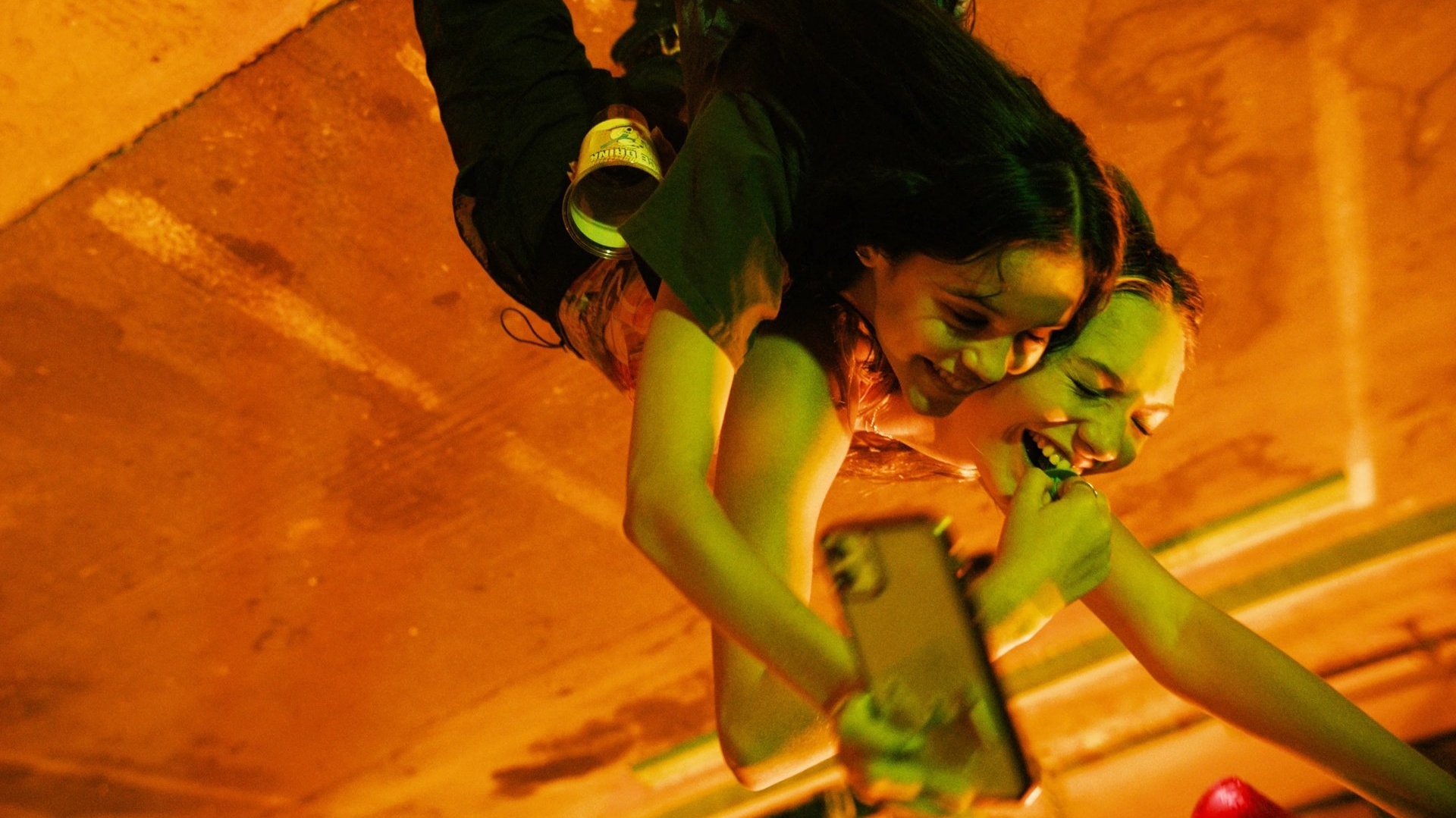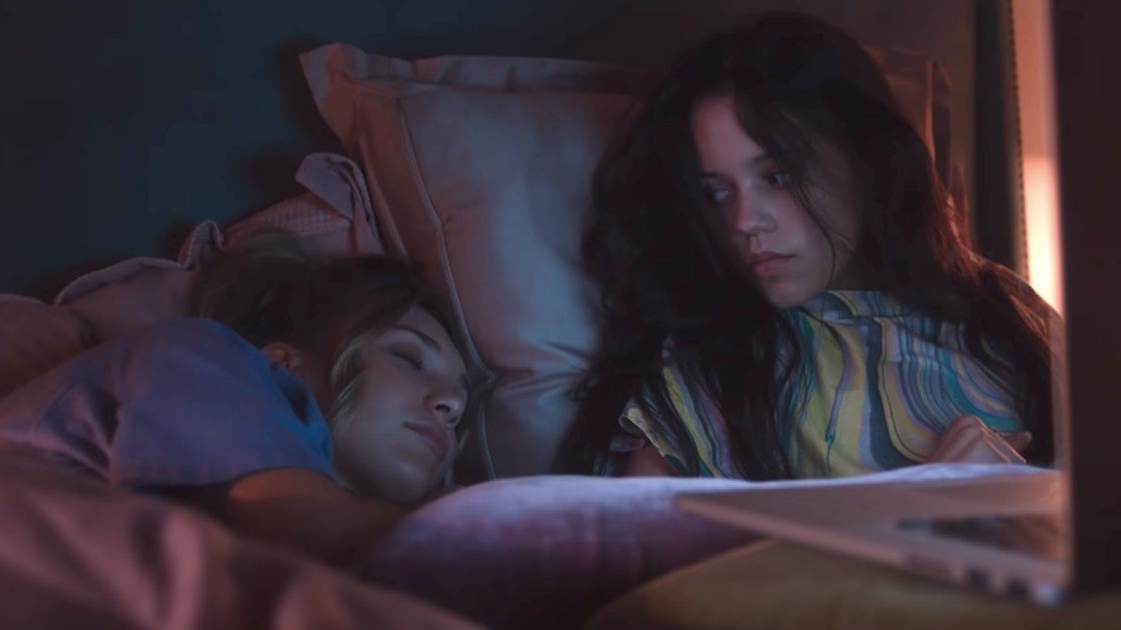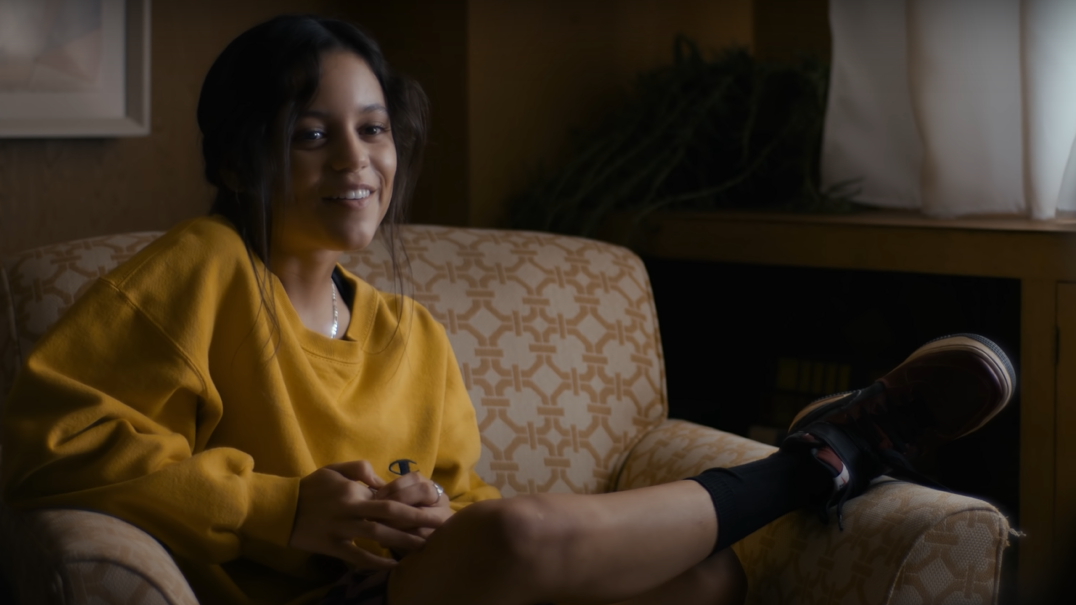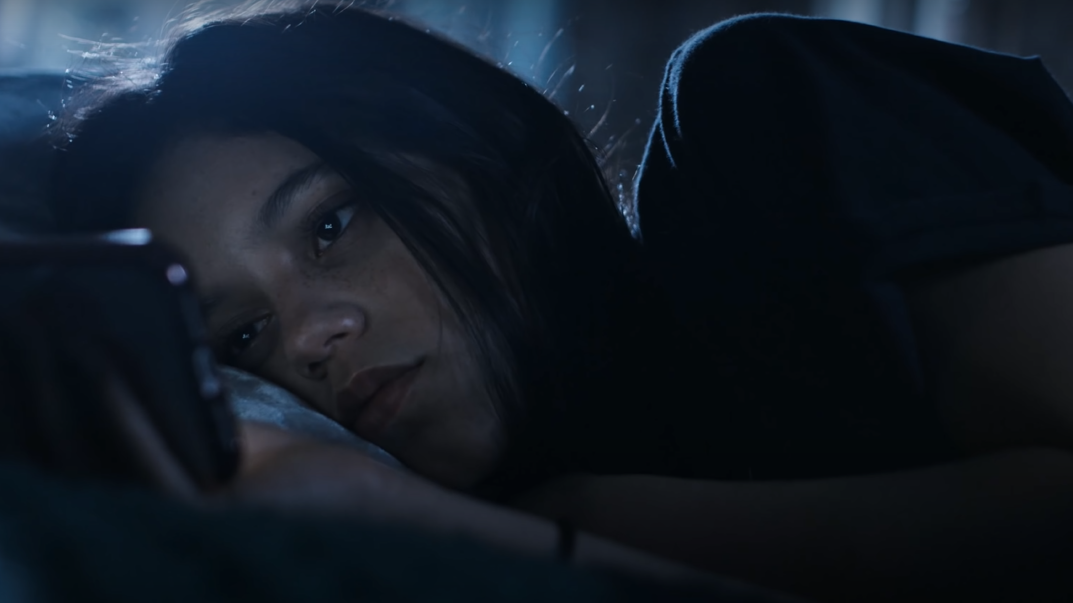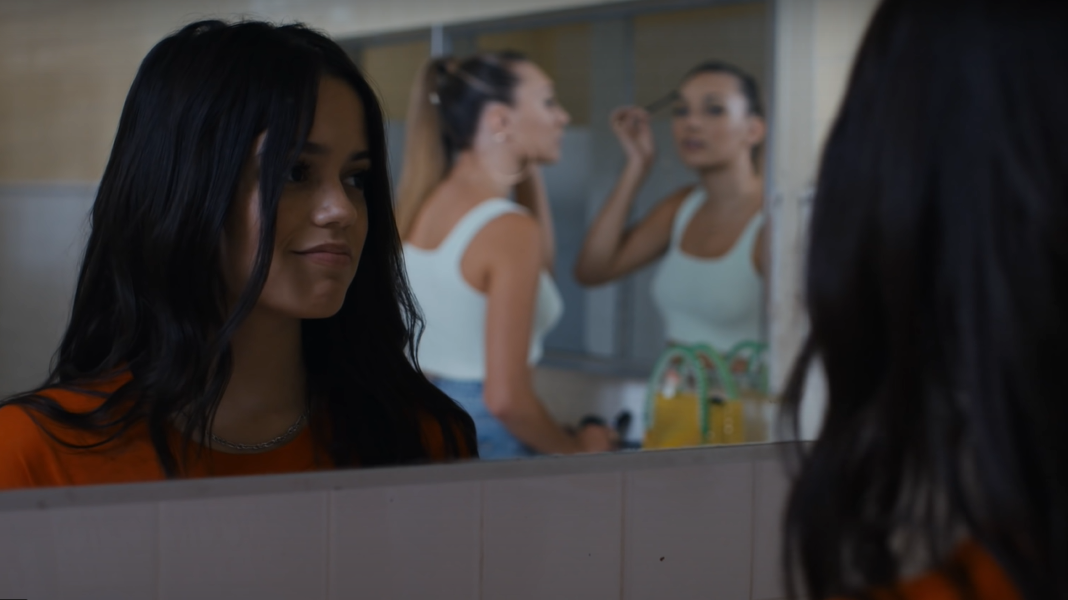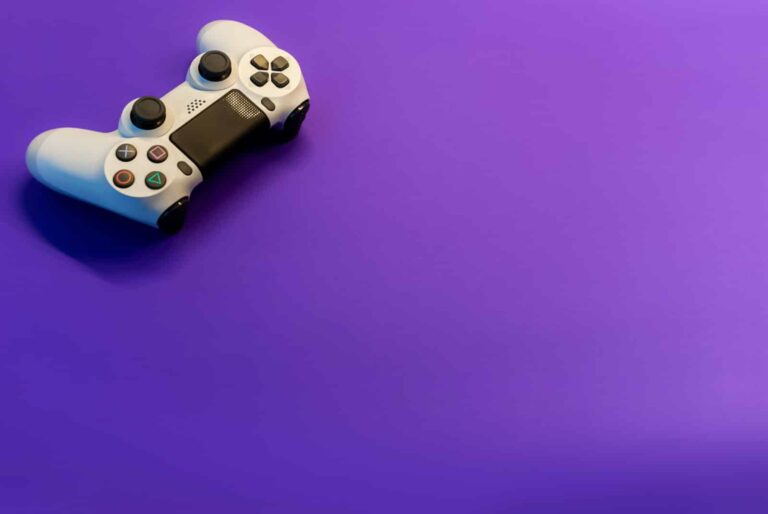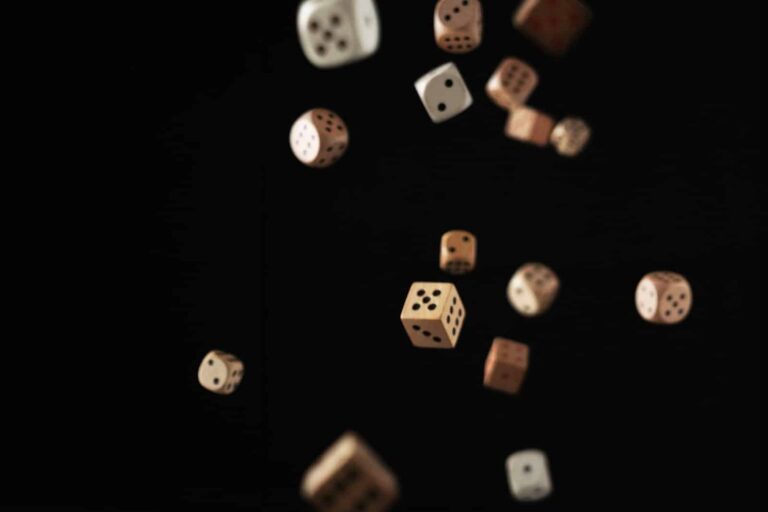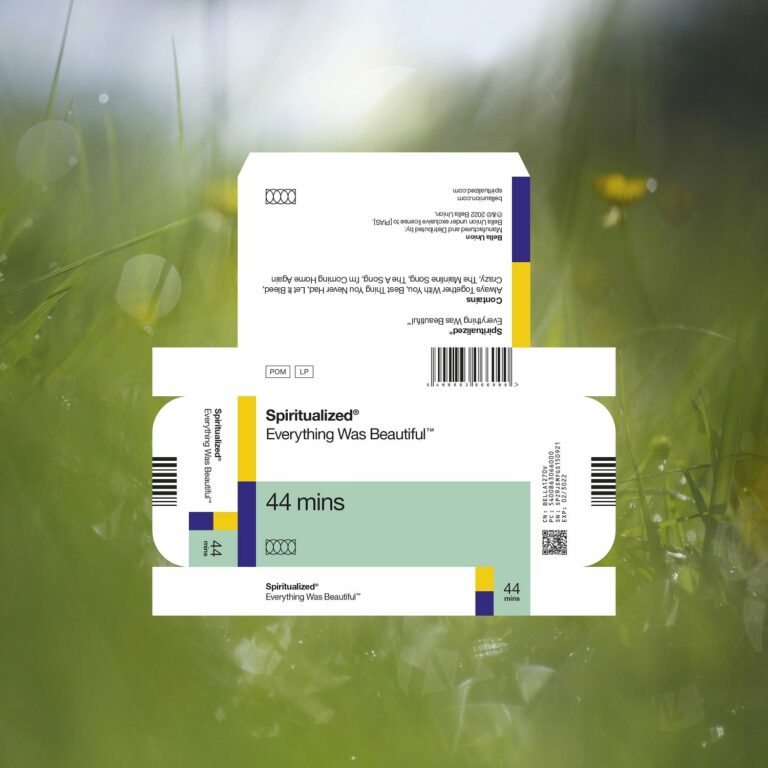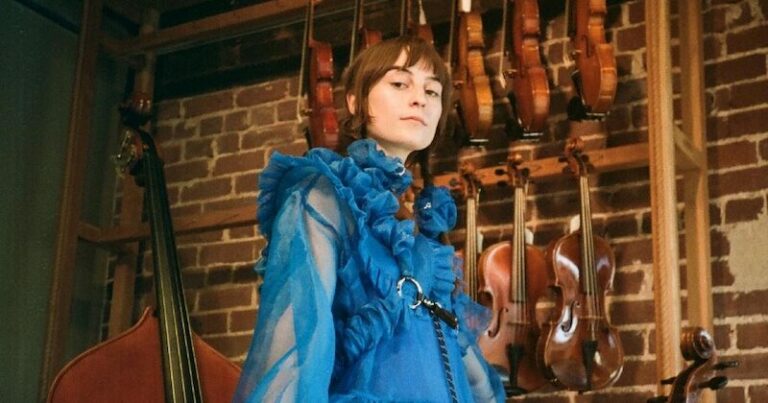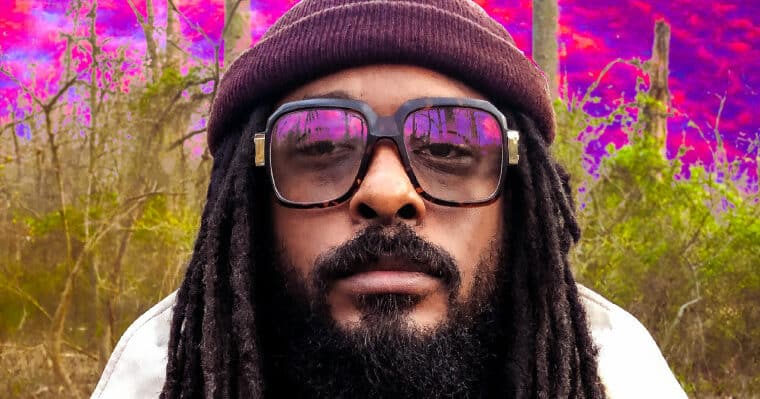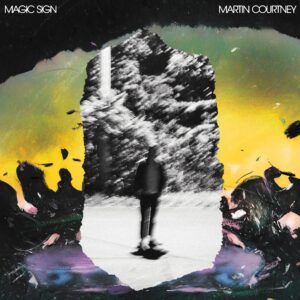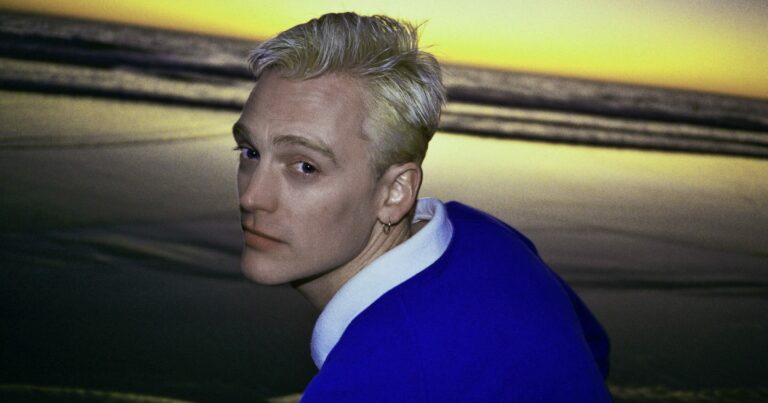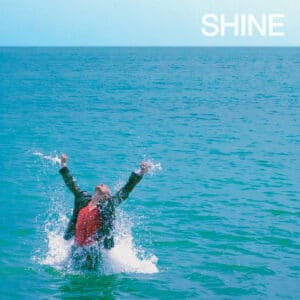Casino gaming is a very interesting form of entertainment, it can either be online or land-based locations. However, it is only interesting to play when you know how to understand the concept of the games. As a beginner to casino gaming, you might be torn between what game to play and where to start because of the many options most popular online casinos offer for free spins no deposit.
Next to casino gaming is gambling, you should learn how to play the games first using the free modes that most popular online casinos will offer before you bet real money. Even with the knowledge of the games, it isn’t always easy to win. This is because casino games always have a house edge. This does not mean that there aren’t strategies to help improve your chances of winning. This article will discuss with you the best strategies to advance your casino game, they include:
Understanding the Games and the Rules
You need to take time to learn how to play the games especially before you place money. For you to enjoy a game you have to understand it. Playing a game that you don’t understand is the easiest way to waste your money. It would help if you start with some of the easiest games to play like poker or roulette.
You don’t have to be an expert; you simply just need to know what you are doing so as not to lose more money than necessary. The most popular online casino will provide you with a guide to learning how to play certain games. Gather enough general knowledge to get you started and practice with the free games. As time goes on when you feel you have gained some level of expertise, then you can proceed to bet money.
After understanding the games, the two follow up steps are the following.
Find The Best Game for You
Have a taste of different games to know which you are better at and which you enjoy more. But more importantly, choose games that have a lower house edge. This would improve your chances of winning. Examples of games that have a low house edge include:
- Poker
- Sports betting
- Blackjack
- Video poker
- Baccarat
If you don’t like these games, that’s fine, you can just find the best version of the game you like to play and go with it.
- Know What Type of Player You Are
There are two types of casino players, we have specialists and generalists. Specialist players are the ones that stick to playing only one particular game, while generalists play different games. Both categories of players have their advantages and disadvantages. But what is most advised is that you start as a generalist, and gradually decide on which game to stick to.
This would save you from the stress of understanding various games which can be time-consuming and difficult. Know what type of player you want to be and work towards it.
Understand the Math Behind Casino Games
A lot of people don’t care much for math, and some just hate using it. You should know that casino gaming is a lot more related to math than you would think. The most important thing you can do as a beginner is to understand and use some of the mathematical principles associated with casino gaming to your advantage.
These principles aren’t hard to master at all. First, you need to learn what the return to player percentage and house edge means and learn how to implement these numbers when you gamble. The house edge is a certain percentage of the total money you bet that the casino keeps. While the return to the player is the other percentage of the money you bet that is returned to you. This is basically how you decide what game you gamble on. Different games have different ratios. Ideally, you should go for a game with a lower house edge and higher RTP percentage.
Understand How to Predict Losses
First, you need to know not to chase losses, when you chase your losses, you are “titling”. This is a poker term that describes you to be playing emotionally instead of logically. Chasing your losses will only lead to you losing even more.
An important strategy to help advance your casino game is for you to master how to predict losses, you should be to tell how much you are likely to lose when playing a casino game. For this, you will need to do some math. To predict your loss, you will need the RTP or house edge percentage, the number of bets you want to make, and the average size of each bet. Your loss is calculated as, house edge percentage x number of bets x average size of each bet. The amount you get is the average loss estimate.
Know Which Game Involves Strategies and Use It
Most popular online casinos will present games that can be influenced using strategy. These are games that can be played a certain way such that the house edge changes. It will help if you can learn the best strategy for every casino game that you play.
Some games such as blackjack and certain video poker variations will have strategy cards, while other games like baccarat and craps have simpler strategies so do not need a card. The key is to discover if the game has a strategy component and learn how to use it, to have a better chance at winning.
Don’t Fall for Casino Traps
Casinos will try means in which they can make more profit other than the house edge. Some of these methods they use can be to your detriment. When a casino offers something, it is most likely that they’ve figured out a way to make money from it. An example is free drinks and computer programs.
It doesn’t mean that you shouldn’t take the free drinks and comps, but understand that it is more profitable to them. Don’t drink so much that you stop making good decisions and don’t play longer for the sake of more comps.
Final Thoughts
Casino games are not built for players to win, which makes it difficult for one to win. However, with the right knowledge and in-depth research, you can improve your chances of winning and grow to become a competent casino gambler. Follow this guide on the best strategy to advance your casino gaming to ensure you are on the right track.
